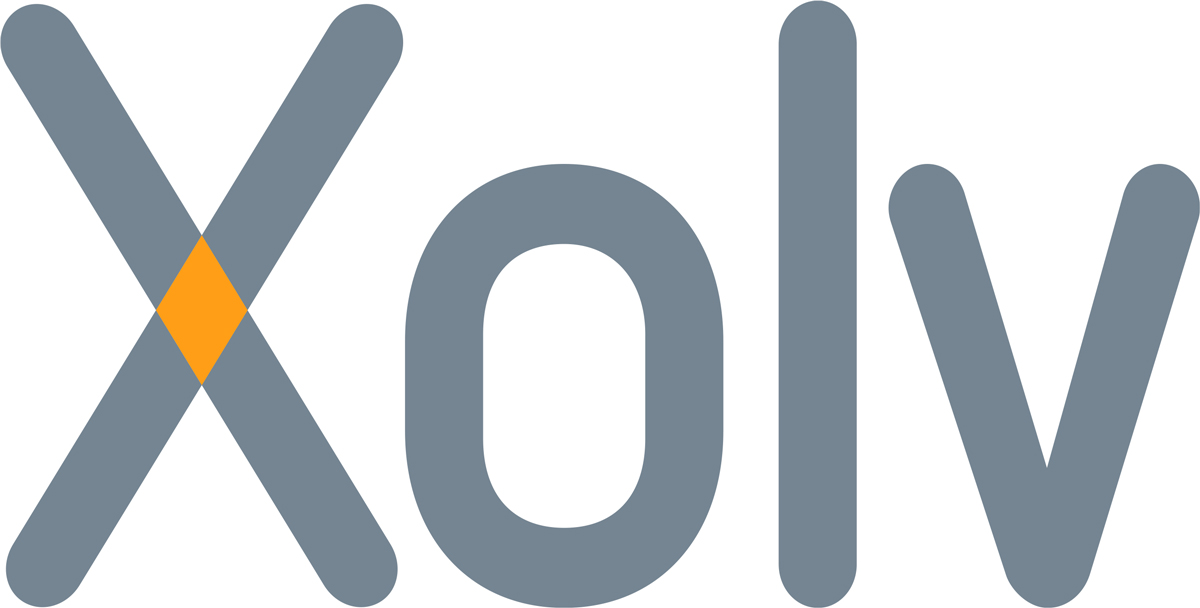We take you back in time for a moment. Barely recovered from the protracted credit crunch of 2008, a major panic ensued in March 2020. Our society faced a virus whose severity we could not estimate. In the end, it took more than a year and a half before we got the pandemic somewhat under control. The Dutch government rushed to meet the business community with various financial schemes. We are talking about the NOW (wage subsidy) for all companies with serious turnover losses, the TVL (Tegemoetkoming Vaste Lasten) and later also the possibility of deferring Wage and Turnover Tax without substantiation. In all, more than 650,000 companies took advantage of this. The amount of concessions amounted to EUR 34 billion (!) and on top of that, EUR 21 billion in deferred taxes. This is the balance at the end of June last year. The latter amount has to be repaid in full by companies, as well as part of the concessions. This is because a large group of companies had less turnover decline than they had previously expected.
No doubt good intentions, but...
The repayment obligation started in October 2022. For the deferred taxes, the deadline is 60 months and if that fails, a company can request to stretch it to as much as 72 months. The same applies broadly for the overpayment of allowances. Only here, it is possible to repay NOW 1 monthly and get a full year's grace period for NOW 2. For NOW 3 and later, the same rule applies. The Dutch government undoubtedly had good intentions when it devised these repayment rules. What it did not take into account was the fact that Russia invaded its neighbour Ukraine and the ensuing energy crisis ensued. She also did not take into account that due to scarcity and congestion in the distribution chain, many raw materials and semi-finished products were difficult to obtain. And the moment they did become available, the price often rose by tens of percent.
Negative impact?
While most experts do not expect us to face a long and deep crisis, these effects may well have a negative impact on short-term corporate returns. Repayment of corona debts may therefore be a problem. If sales and profits are disappointing, a business owner will have to take other measures to continue meeting its obligations. Tight debtor management, possibly supported by sophisticated software, can ensure that the liquidity burden of debtors is reduced. Better inventory management can lead to the same effect, freeing up liquidity. Is this not enough? Then an investment freeze can be put in place for a certain short period.
Trained like no other
What do you do if there is a negative answer as to whether the existing financing still fits your company's current and expected situation? Then you make sure that an analysis is made of the best possible financing structure. Xolv's professionals are trained like no other in making such an analysis. More importantly, they find and implement the right financing structure. To govern is to look ahead and that starts with finding answers to the right question!



